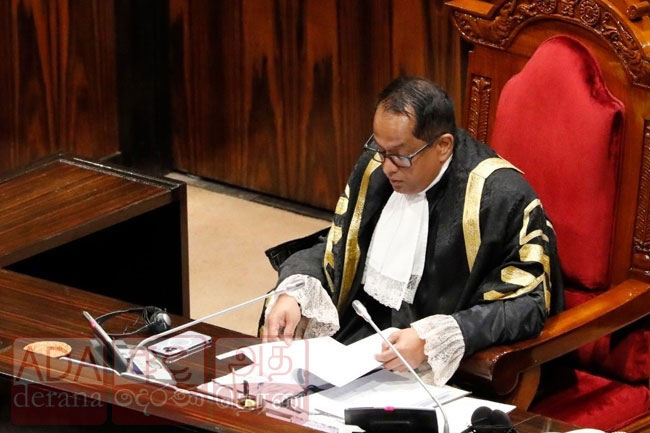The loss showed “the existence of material uncertainties that may cast significant doubt on the Group’s ability to continue as a going concern”, Evergrande said in a stock exchange filing.
Once China‘s largest real estate company, Evergrande was found in 2021 to be drowning in more than $300 billion in liabilities, sparking a nationwide property crisis that had global ramifications.
Trading in the company’s Hong Kong-listed shares has been suspended since March 2022.
Evergrande said in the same month that it would not be able to publish its 2021 audited results within the timeframe required by Hong Kong’s listing rules, blaming the delay on “a large number of additional audit procedures” and the Covid-19 pandemic.
The company said Monday it had suffered a net loss of 686.22 billion yuan ($95.7 billion) in 2021 and 125.81 billion yuan in 2022, in long-delayed Hong Kong stock exchange filings that could bring Evergrande closer to a resumption of trading.
In 2021, the group said its total liabilities had swelled to 1.97 trillion yuan and warned of risks of defaults on borrowings. Unaudited results for 2022 showed the group’s total liabilities had grown to 2.44 trillion yuan by December 2022, in a sign that Evergrande was still struggling to pay off debtors despite having sold off a number of subsidiaries.
Evergrande announced a long-awaited restructuring proposal this year, offering creditors a choice to swap their debt into new notes issued by the company and equities in two subsidiaries, Evergrande Property Services Group and Evergrande New Energy Vehicle Group.
“The respective restructuring effective date is anticipated to be 1 October 2023 and the longstop date is 15 December 2023,” Evergrande said on Monday.
China’s property sector remains in turmoil, with major developers — including Evergrande — failing to complete housing projects, triggering protests and mortgage boycotts from homebuyers.
The company has come to embody a broader crisis in China’s property sector, which accounts for around a quarter of the country’s gross domestic product.
Smaller firms have defaulted on loans or had problems raising cash since the government brought in stricter lending curbs in 2020.
In November, China’s banking regulator and central bank unveiled new measures to promote the “stable and healthy development” of the real estate industry.
They include credit support for indebted developers, financial support to ensure projects are completed and assistance for deferred-payment loans for homebuyers.













